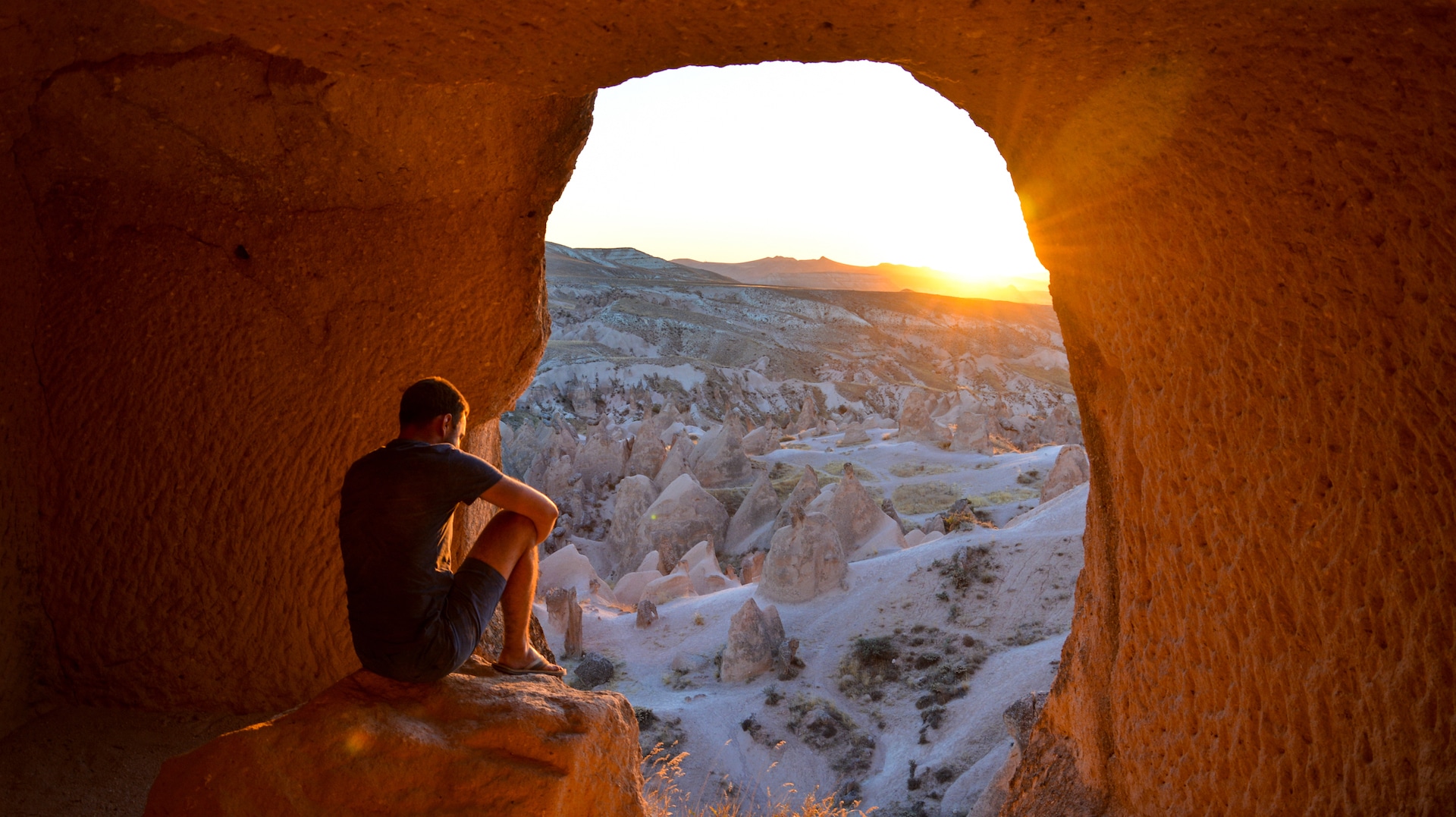
Remote work has its many ups — and downs. Is it right for you? (Photo: Norbert Figueroa)
Tips + TrendsWorking Remotely and Thinking of Becoming a Digital Nomad? Here’s What to Consider
By Norbert FigueroaThere’s no denying that COVID-19 has disrupted our world, reshaped our ideas of working and social relationships, and moved us to rethink what our lives might look like moving forward.
But even with all the adverse outcomes of this global pandemic, there’s a small silver lining that may help some people achieve a dream once out of reach: making a living while traveling — or at least while temporarily living in new places.
When “work from home” could mean anywhere
While many employees are happy with the possibility of just working from a home office, many are looking to expand their horizons and see the world as fully employed digital nomads.
Digital nomads are not new, but the pandemic was the tipping point that unexpectedly accelerated the trend. What was once a very niche population is slowly being regarded as a legitimate workforce. And as the tide shifts, many businesses and countries are taking notice of this new reality.
Working from home was previously off-limits to most workers, but since COVID-19 left crowded workspaces untenable, remote work has been a privileged necessity across some industries. Many businesses saw this once-frowned-upon option as their only way to survive a moment in history where the traditional office environment was unsafe.
Perhaps the most interesting thing is that companies have found remote employees are beneficial for them in one way or another.
A recent study found that “up to 40 percent of all jobs can be performed at home, while before the pandemic, it’s estimated that only 3 percent actually could be done remotely.”
It is believed that after things settle, about 10 percent of workers will stay as permanent work-from-home employees. That percentage might not sound like a lot, but it is more than twice the pre-COVID-19 percentage.

But should you become a digital nomad?
There are many reasons, advantages and disadvantages to being a digital nomad. I’ve been a freelancing digital nomad for almost ten years and have seen both sides of the coin when it comes to having the freedom of location independence.
Most people think that being a digital nomad means traveling the world, hopping nonstop from place to place. While that can be true, the idea of being a digital nomad doesn’t need to rely on constant mobility. It is more about the freedom of settling anywhere in the world, for any given period, based on your current needs and desires (assuming any current travel restrictions are lifted).
Until recently, most digital nomads tended to be freelance designers, entrepreneurs, developers and writers with privileged passports. These people, including me, would head to budget-friendly countries in Eastern Europe, Southeast Asia, Central America and South America to hustle their lifestyle with the best Wi-Fi signal possible.
Cementing a new flexible workforce
For the past decade, the lifestyle could be very ambiguous in terms of legally working in any given country where you’re not a resident. As a response to this growing trend and the economic impact of the pandemic, countries like Bermuda, Barbados, Estonia and Georgia, among others, have opened their doors to digital nomads with new visa offerings.
These visas not only help working travelers legally establish themselves in their host countries, even if temporarily, but also boost the countries’ local tourism and economies.
For example, in the past decade, Estonia has established itself as a successful international tech and startup hub, attracting top tech talent worldwide. Without a doubt, their trendsetting Digital Nomad Visa is part of this success.
One of the other benefits of these digital nomad visas comes in the form of personal economics. Some countries may charge lower taxes, or no taxes at all, on your income gained there and may offer other types of financial incentives.
Keep in mind, though, that United States citizens are still required to pay taxes in the U.S., even for income generated abroad. But as with anything, certain exceptions apply to some digital nomads and Americans living abroad.

Take advantage of your geography
As a digital nomad, you could do what’s called “geographical arbitrage,” in which you station yourself in destinations with a lower cost of living while still keeping the same income as if you were living in your home country.
This is an excellent opportunity to slowly see the world and save more money for investments and retirement without sacrificing your quality of life.
You might rent a beautiful apartment, home or villa for yourself or your family; get a taste of local eateries; slowly explore attractions; and create new memories for life while still being a productive worker.
It will take some adjusting at first, but if the pandemic has taught us something, it is that we can adjust when needed.
Equally, your geographical arbitrage can extend to which company you work for. You can be a resident of Alabama while working online for a company based in San Francisco.
Keep in mind that this geographical arbitrage also goes both ways; some companies might adjust your income based on your location.
Where to go and what to consider as a digital nomad
There are countless articles on where to settle as a digital nomad, and there’s also the Nomad List site, which ranks the best destinations for digital nomads based on factors like Wi-Fi speed and cost of living, and which also serves as a lively community for international travelers working abroad.
Still, being a digital nomad comes with many unique considerations. Even with a stable job, try to diversify your income streams. The more diversified you are, the better you’ll stay afloat in tough economic situations.

During COVID-19, as with most people, my income was affected negatively. But thanks to a diversified income that came through my travel blog, writing commissions, T-shirt designs and architectural projects, I managed to stay afloat. Diversification was key.
Throughout the pandemic, I’ve seen other digital nomads create additional income streams through new websites or other monetization methods like Patreon and online consulting.
If you’re a salaried worker, try to adjust your itinerary to what works for your current employer. Depending on your time zone difference, this might mean working at night and odd hours, like from 9 p.m. to 5 a.m.
Should you take the plunge to work in a new-to-you locale, it’s important to demonstrate you’re still a dependable and productive employee. If you’re a freelancer, create the schedule that works best for you.
Lastly, stay on top of your visa timeframes and taxes. Never overstay a visa in a foreign country and always keep it legal when reporting your income and paying taxes.
Other than that, now is a unique time to establish yourself as a digital nomad. That idyllic image of working on your laptop steps away from your new beachfront digs could be more achievable now than ever.
Norbert Figueroa is an architect traveling the world as a digital nomad since 2011. He documents his travel experience on globotreks.com, and his goal is to visit all 195 U.N. recognized countries.







